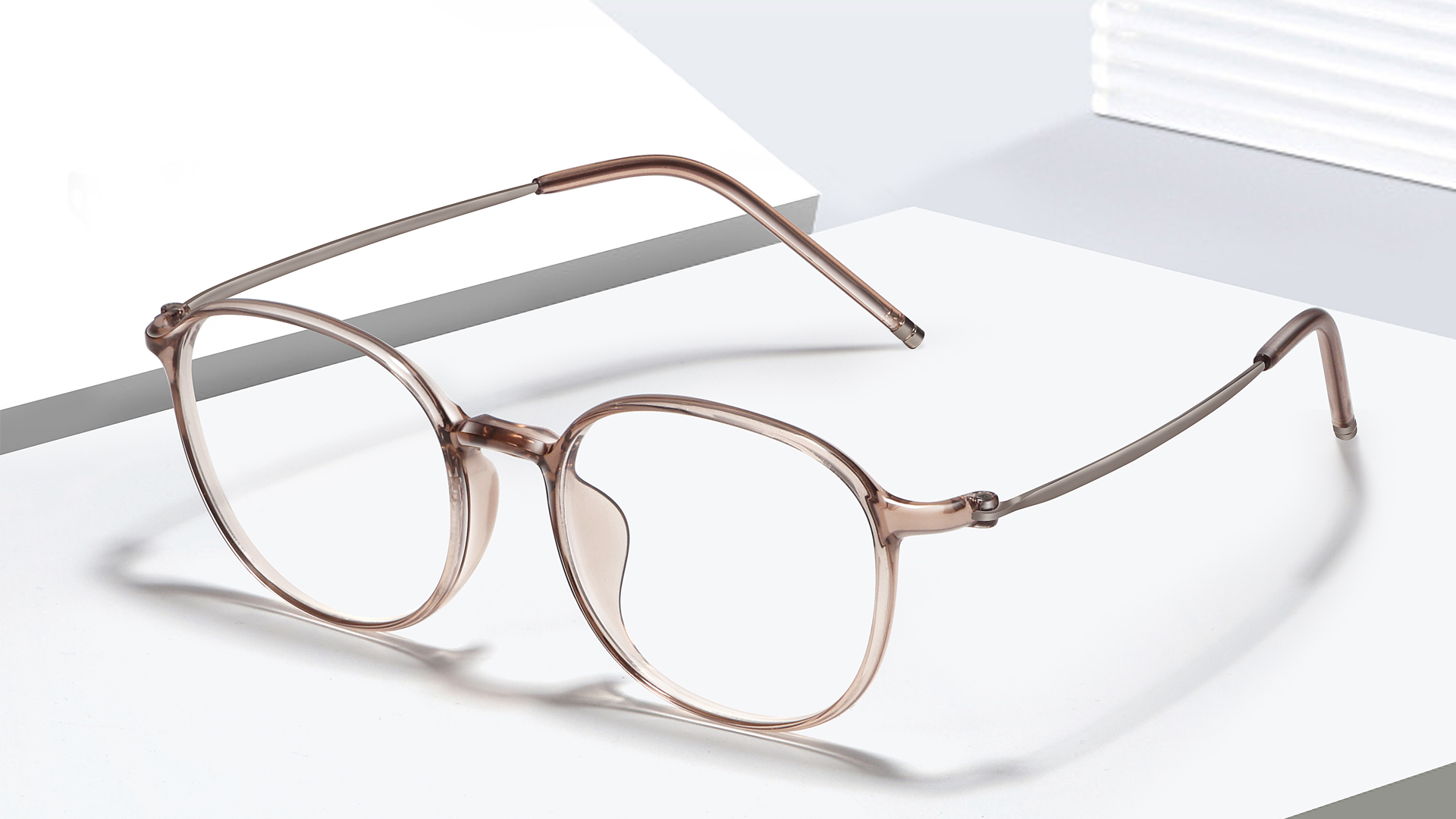
Advantages and Disadvantages of Ultrasonic Cleaning Machine for Glasses Cleaning
Ultrasonic cleaning machine is a device that uses tiny bubbles generated by high-frequency vibration to clean objects. Due to its high efficiency, non-damage, environmental protection and other advantages, it is widely used in many fields. This article will mainly discuss the application of ultrasonic cleaning machines in glasses cleaning, analyze its advantages and disadvantages, and introduce some usage experience and purchasing suggestions.
The working principle of the ultrasonic cleaning machine is to generate high-frequency vibrations to form tiny bubbles in the cleaning liquid. These bubbles generate impact when they close instantly, thereby peeling off the dirt and impurities attached to the surface of the object. This cleaning method will not cause wear and scratches on the surface of the object, so it is suitable for cleaning many valuable items.
For cleaning glasses, ultrasonic cleaning machines have the following advantages:
1. Efficiency: Ultrasonic cleaning machines can quickly remove dirt and grease on the surface of glasses in a short time, greatly improving cleaning efficiency.
2. No damage: Because the ultrasonic cleaning machine uses a physical cleaning method, it will not cause any chemical damage to the spectacle lenses and frames, avoiding problems such as lens decoating and corrosion caused by the use of chemical cleaning agents.
3. Environmental protection: Using ultrasonic cleaning machines can reduce environmental pollution and avoid the use and discharge of chemical cleaning agents.
Although ultrasonic cleaning machines have many advantages when it comes to cleaning glasses, they also have some disadvantages:
1. Higher price: Compared with manual cleaning, ultrasonic cleaning machines are more expensive, which may not be affordable for some people with limited economic conditions.
2. Inconvenient operation: Using an ultrasonic cleaning machine requires certain operating skills and experience, and it may take some time for beginners to master it.
3. Limitations: For some particularly complex or delicate glasses, such as high-precision optical lenses, multi-curved lenses, etc., there may be certain limitations in using ultrasonic cleaning machines.
Regarding the experience and purchasing suggestions for using ultrasonic cleaning machines to clean glasses, the author believes:
1. Read the instructions carefully before use: Before using the ultrasonic cleaning machine, be sure to read the instructions carefully to understand the usage and precautions to avoid damage caused by improper operation.
2. Regular cleaning: The ultrasonic cleaning machine must be cleaned regularly to maintain its working efficiency and cleanliness.
3. Targeted selection: For different types of glasses, appropriate cleaning modes and cleaning fluids should be selected to obtain better cleaning results.
4. Brand selection: You should choose products from well-known brands, with guaranteed quality and better after-sales service.
In short, ultrasonic cleaning machines have many advantages in cleaning glasses, which can improve cleaning efficiency, protect glasses lenses and frames, and reduce environmental pollution. However, there are also some issues that need to be paid attention to during use, such as operating methods, selection of cleaning fluid, etc. For users who want to buy an ultrasonic cleaning machine, it is recommended to choose products from well-known brands and carefully understand the usage and precautions.
Tullker - Makes Cleaning Easier
Tullker Co., Ltd.—an environmentally friendly industrial cleaning solution provider that focuses on ultrasonic industrial cleaning and integrates R&D, production, marketing, and after-sales. In ultrasonic cleaning, vacuum hydrocarbon cleaning, two-fluid cleaning, spray cleaning, A large number of successful cases have been accumulated in the fields of DPF regeneration and cleaning, and are sold in 96 countries around the world.






